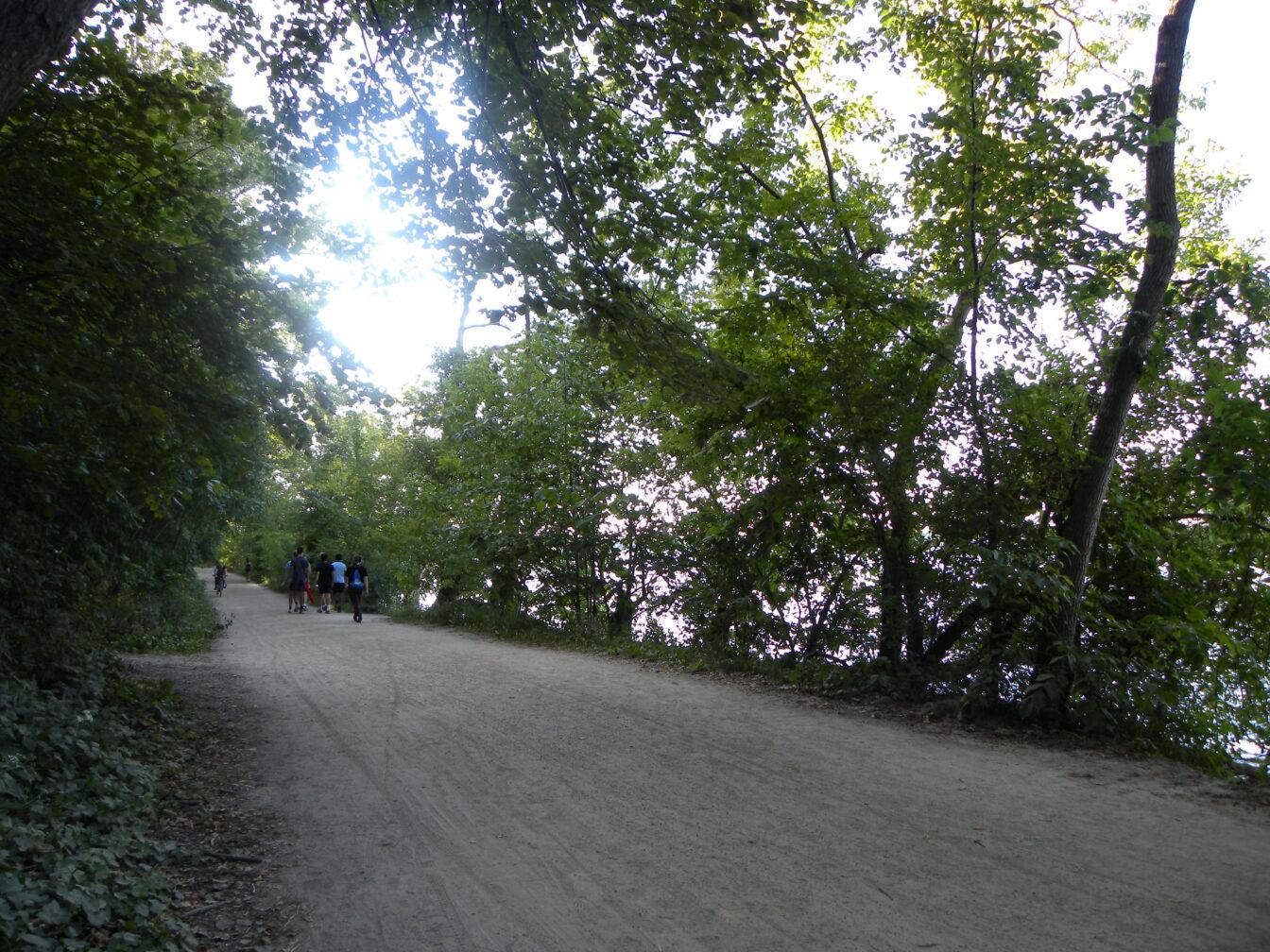U.S. Sen. Tammy Baldwin (D-WI) announced Monday that the City of Milwaukee and Dane County will receive $13.5 million in climate change funding through the Inflation Reduction Act. The Department of Agriculture Forest Service’s Urban and Community Forestry Program is funding these projects as part of a larger effort to combat climate change and increase access to green spaces. The City of Milwaukee was awarded $12 million and Dane County was awarded $1.5 million.
Director of Environmental Sustainability for the City of Milwaukee Erick Shambarger said their grant was brought together through many government partners, including the forestry division, park department, public schools department and various nonprofit organizations.
“It was one of the largest grants in the country,” Shambarger said. “So now this will meaningfully scale up our efforts. Trees are just so important in urban areas with addressing urban heat islands and improving air quality, so we’re really excited to have this grant be a real opportunity to make a difference.”
The Inflation Reduction Act, passed in 2022, includes tax provisions that impact the deployment of clean energy. This act also provides grant and loan programs, which is how these grants were made possible.
Milwaukee’s grants will fund the Growing Milwaukee’s Tree Canopy and Community Resilience project. Dane County’s grant will fund the Equitable Forestry Stabilization Management project and the Forestry Career Pathways Program. The projects reflect efforts on part of the City of Milwaukee’s Climate and Equity Plan and Dane County’s Climate Action Plan.
Much of the work will especially benefit disadvantaged communities through hazardous tree removal, tree planting, increasing greenery in school yards and asphalt removal.
“Part of this is building off of our successful partnership with Milwaukee Public Schools to green up their school yards…we’ve got good partnerships with them to remove asphalt and plant greenscapes for kids to play in and with more trees,” Shambarger said.
The projects also include significant workforce developments and much of the community outreach outlined in the projects will be centered on recruiting and training workers. Milwaukee and Dane County have plans in place to recruit marginalized populations.
“We’re going to make an effort to make sure these opportunities are open to people of color, and that we are proactive in recruiting people of color,” Shambarger said.
The projects are predicted to be set into action by 2024.



